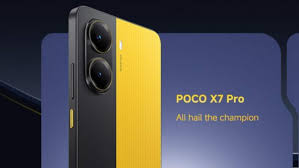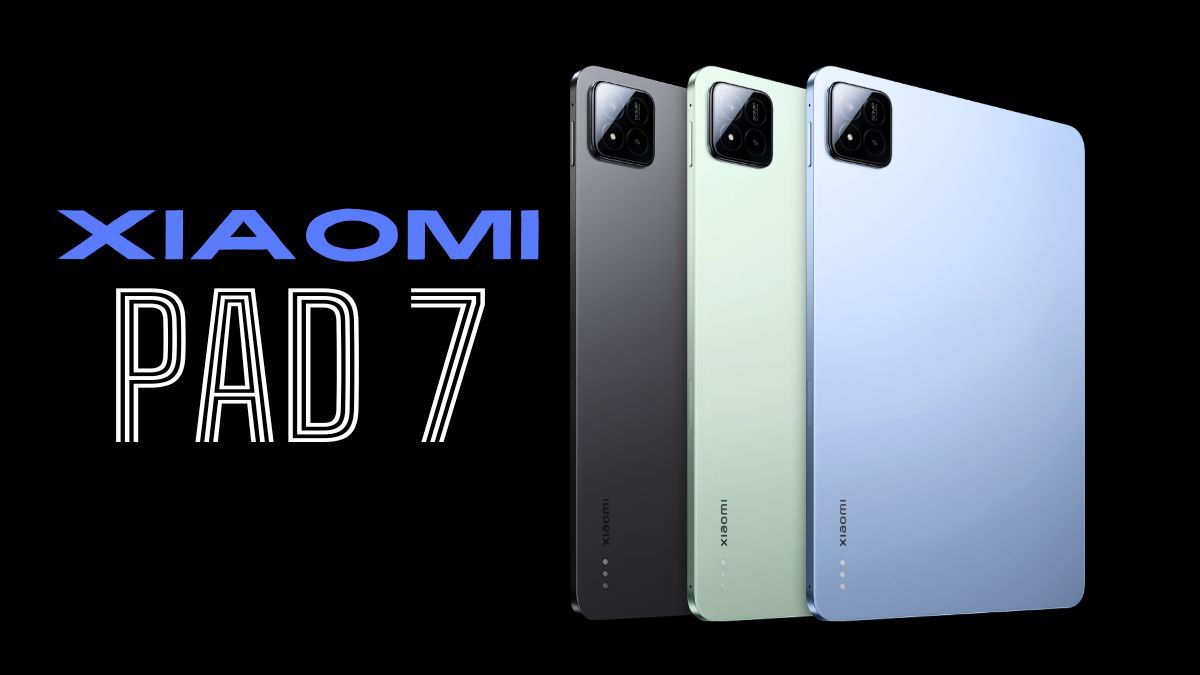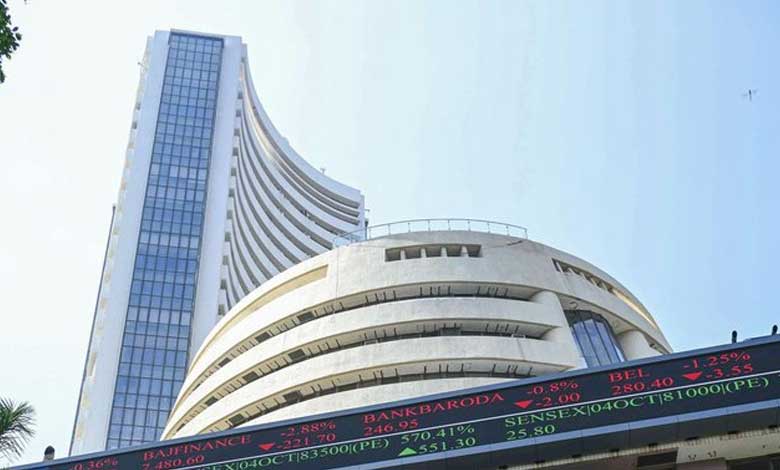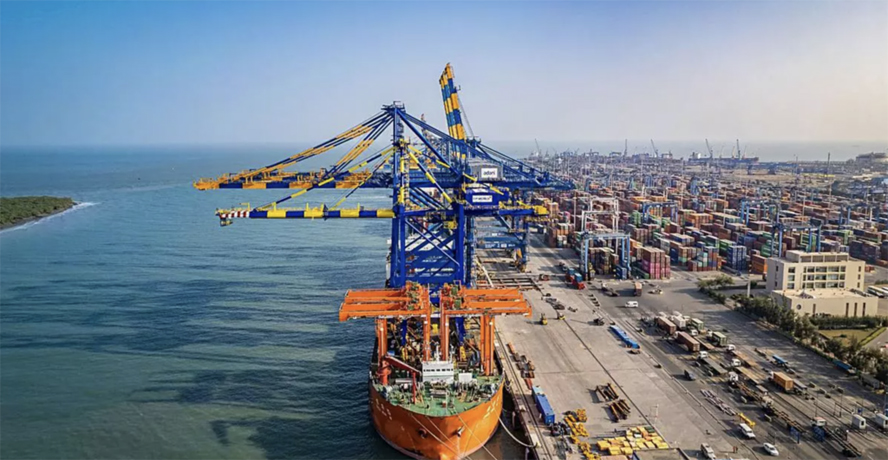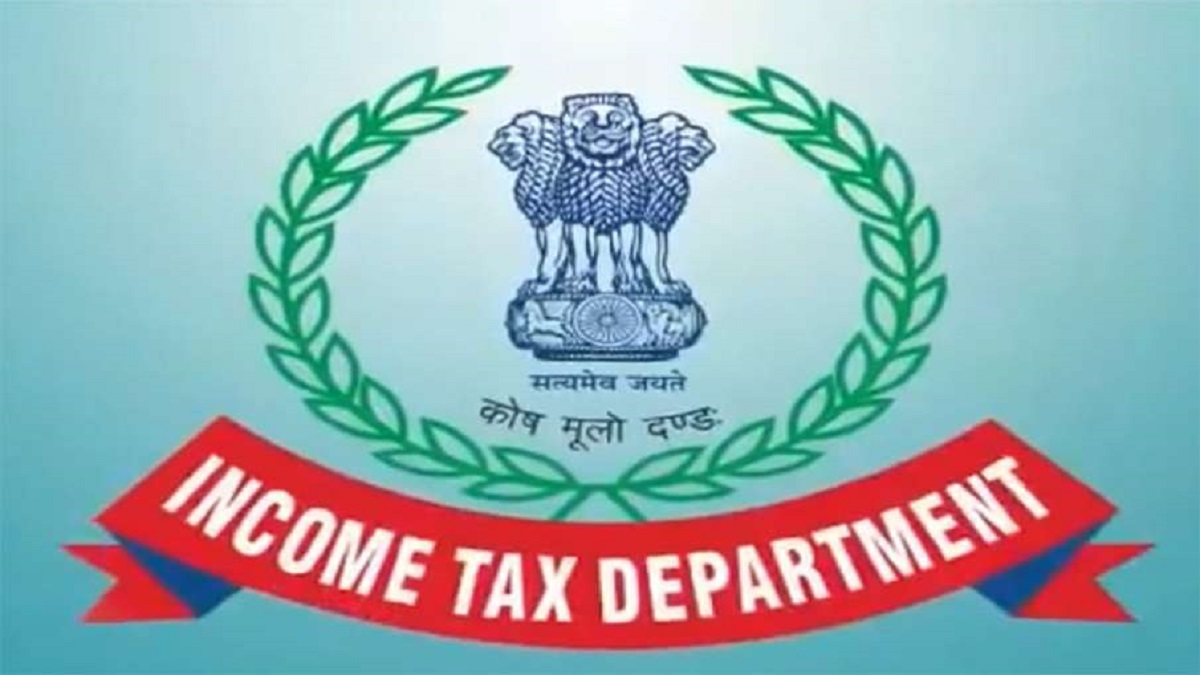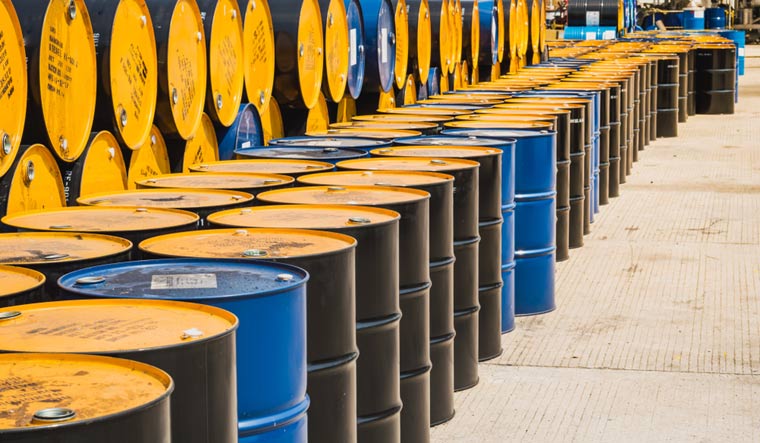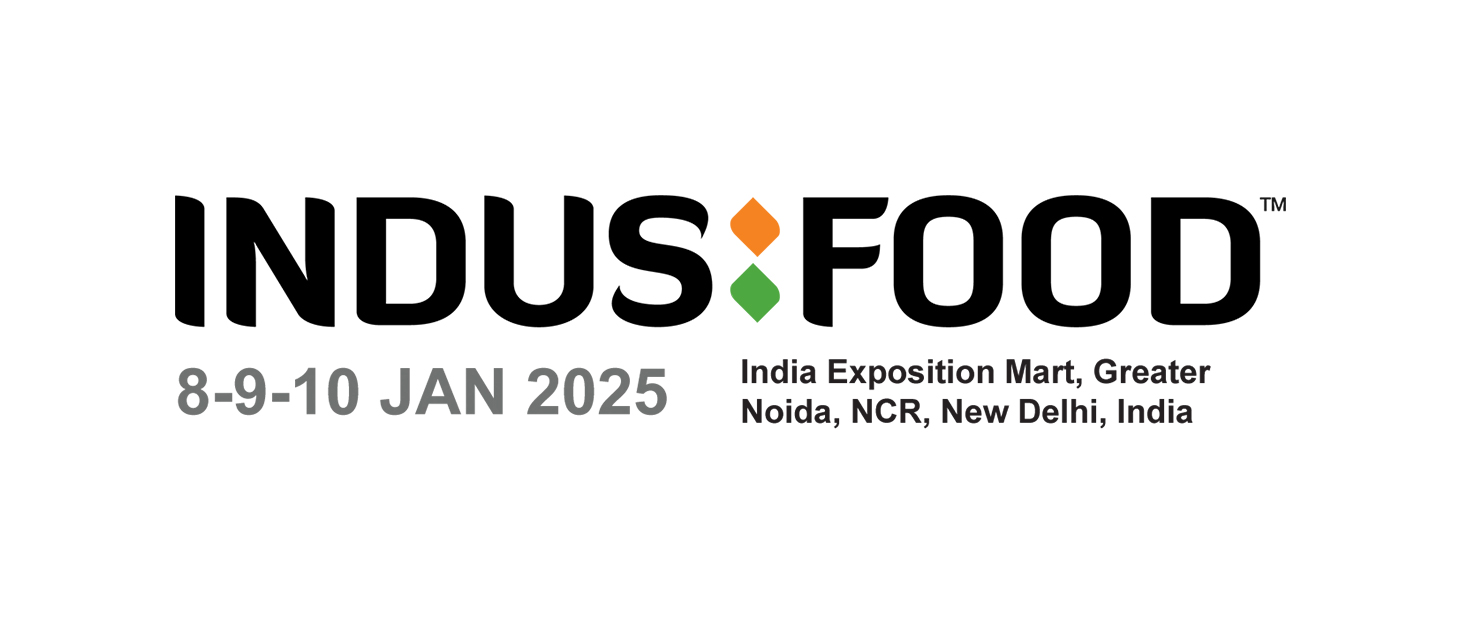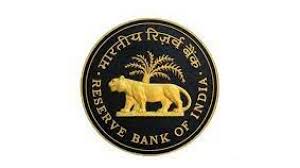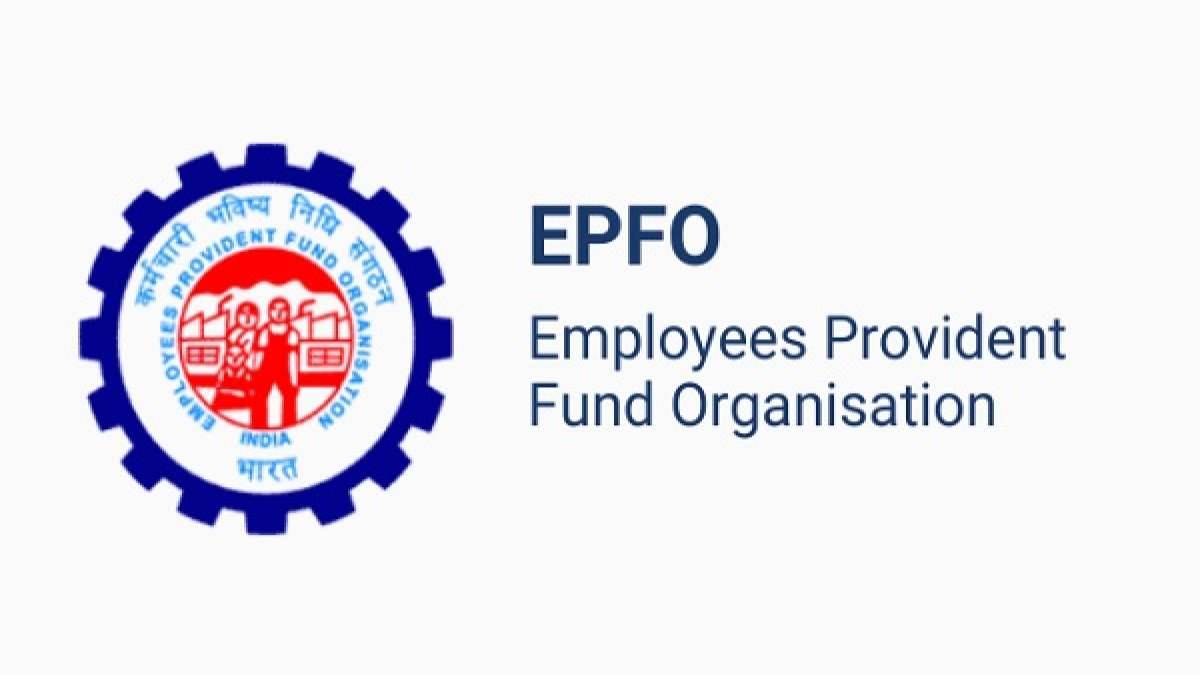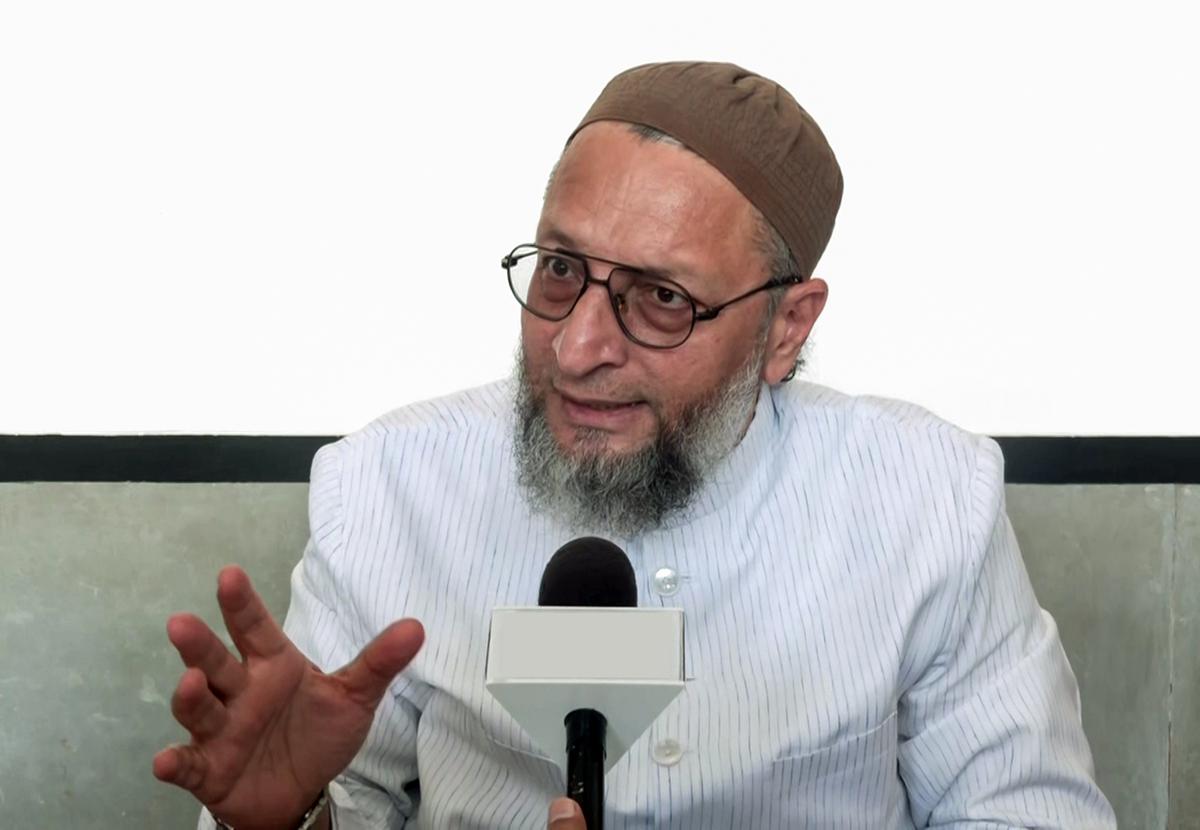Maruti Suzuki launches all new XL6 MPV at Rs 9.79 lakh
Wed 21 Aug 2019, 16:51:15
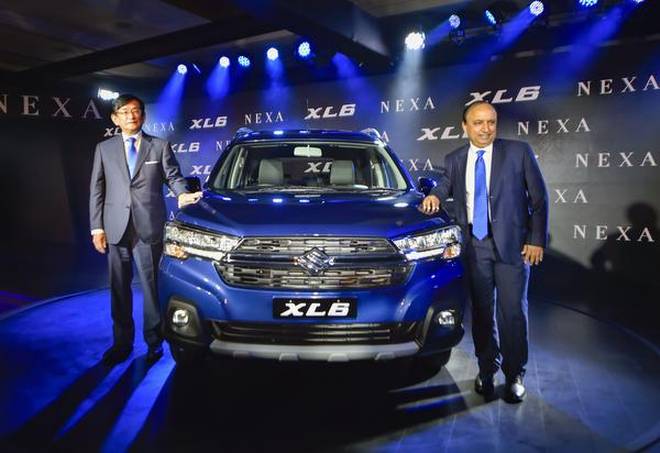
The country’s largest car maker Maruti Suzuki India on Wednesday launched a new multi-purpose vehicle XL6 priced between ₹9.79 lakh and ₹11.46 (ex-showroom).
The new model comes with 1.5 litre petrol power train with progressive smart hybrid system paired with lithium-ion battery.
The XL6 will be available in five-speed manual and four-speed automatic transmission options.
Manual trims are priced at ₹9.79 lakh and ₹10.36 lakh respectively, while the automatic versions are tagged at ₹10.89 lakh and ₹11.46 lakh.
It comes with six seat configuration with captain seats in second row.
“At Maruti Suzuki, we have always focused on bringing products that match customers’ demand. The XL6 is an exclusive six-seater premium multi purpose vehicle (MPV), designed to meet the aspirations of evolved NEXA customers,” Maruti Suzuki India (MSI) MD and CEO Kenichi Ayukawa told reporters here.
The vehicle would be sold through the company’s NEXA premium retail chain which has expanded its presence in over 200 cities with 364 outlets, he added.
“There is considerable increase in demand for premium MPVs owing to the ever-evolving customer needs,” Mr. Ayukawa said.
BS-VI norms compliant
XL6 is the seventh model from the company’s stable to be compliant with BS-VI norms.
Based on Suzuki’s fifth generation Heartect platform, the XL6 is compliant with all Indian safety regulations like frontal offset impact, side impact and pedestrian protection.
The company and its vendor partners have invested ₹100 crore on the development of the new model.
Mr. Ayukawa said that the Indian auto industry is undergoing a major shift in terms of new regulations,n technologies and policies.
“As the leading
automobile manufacturer of the country, MSI will ensure meeting all these regulations, expectations and requirements. On regulations, we will be ready much before the stipulated timelines,” he said.
automobile manufacturer of the country, MSI will ensure meeting all these regulations, expectations and requirements. On regulations, we will be ready much before the stipulated timelines,” he said.
The company is also investing in its research and development centre to introduce latest technologies and higher level of localisation, he added. Through focus on new technologies like CNG, hybrid and electric vehicles the company aims to bring down emissions and give environment friendly mobility solutions to its customers, Mr. Ayukawa said.
When asked if the company would rethink its decision to discontinue small diesel engines, he said small diesel engines were not feasible for BS-VI compliance. “For bigger size (diesel engine) we have to study and see market trends, if there is customer demand, we will consider, but is very difficult to continue with small diesel vehicles,” he noted.
Tax cuts to revive demand
When asked if GST rate cut would help at the moment, Mr. Ayukawa said that in the past, when the auto industry went through difficulties, tax cuts have helped in reviving demand.
On electric vehicles, he said since battery technology is still evolving globally, it was not easy to satisfy customer expectations at the moment as costs are not reducing. “We are trying to develop some products. We would be launching them next year, but it is very difficult to satisfy consumers,” he added.
MSI Executive Director marketing and sales Shashank Srivastava said the company’s inventory levels currently stood around 35 days. “There is enough inventory so there is no pressure to push. Our entire focus right now is on retail sales,” he added.
Discounts being offered on models are higher right now as compared to fourth quarter of last fiscal, he added.
The company might also look at exporting the vehicle to neighbouring countries.
No Comments For This Post, Be first to write a Comment.
Most viewed from Business
AIMIM News
Asaduddin Owaisi questions PM Modi's China policy
Jan 08, 2025
Owaisi slams UP over police post near Sambhal mosque
Dec 31, 2024
Owaisi hails SC order on Places of Worship Act
Dec 13, 2024
AAP Corporator Tahir Hussain joins AIMIM party
Dec 11, 2024
Latest Urdu News
Most Viewed
May 26, 2020
Which political party will win the Delhi Assembly polls to be held on Feb 5?
Latest Videos View All
Like Us
Home
About Us
Advertise With Us
All Polls
Epaper Archives
Privacy Policy
Contact Us
Download Etemaad App
© 2025 Etemaad Daily News, All Rights Reserved.

